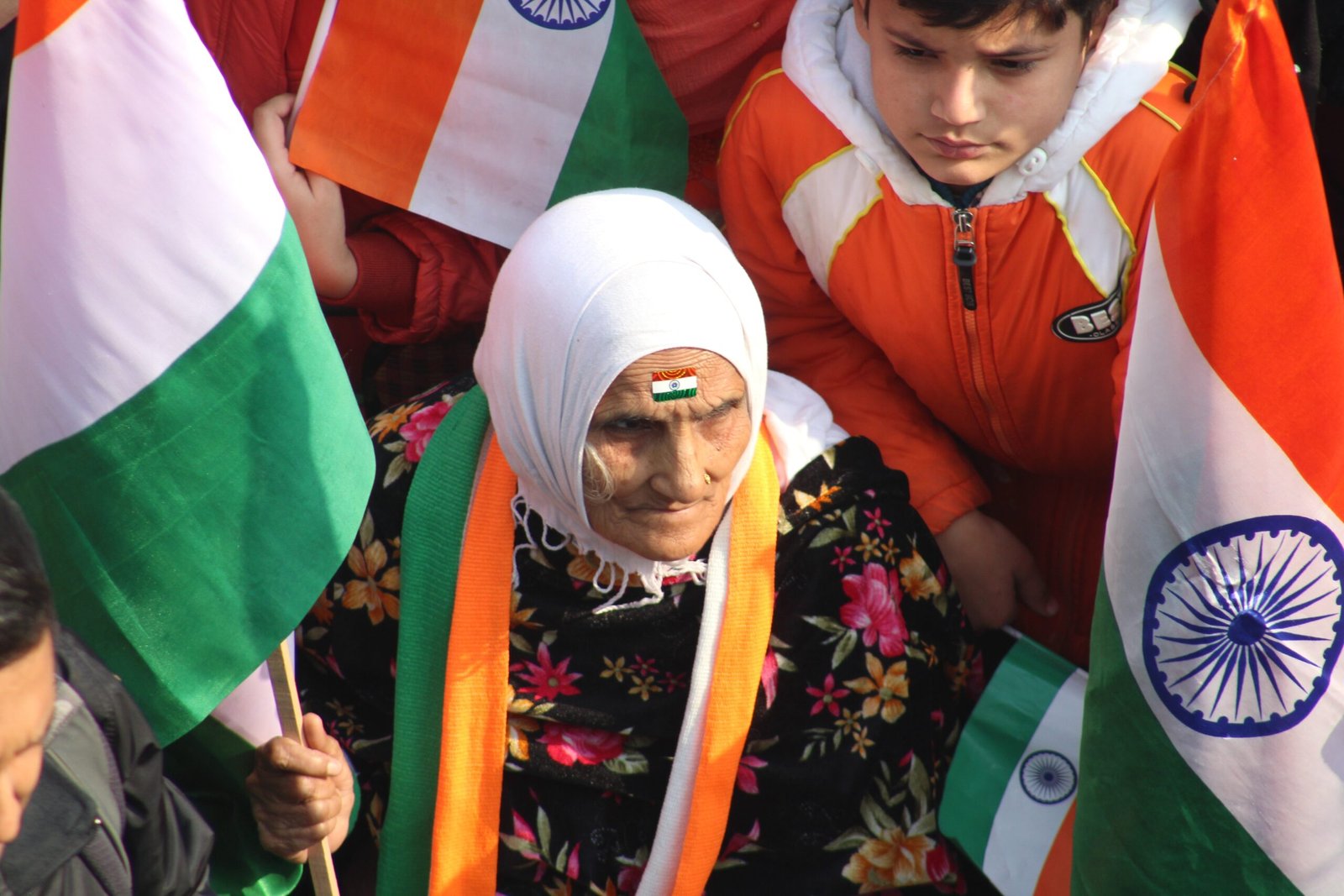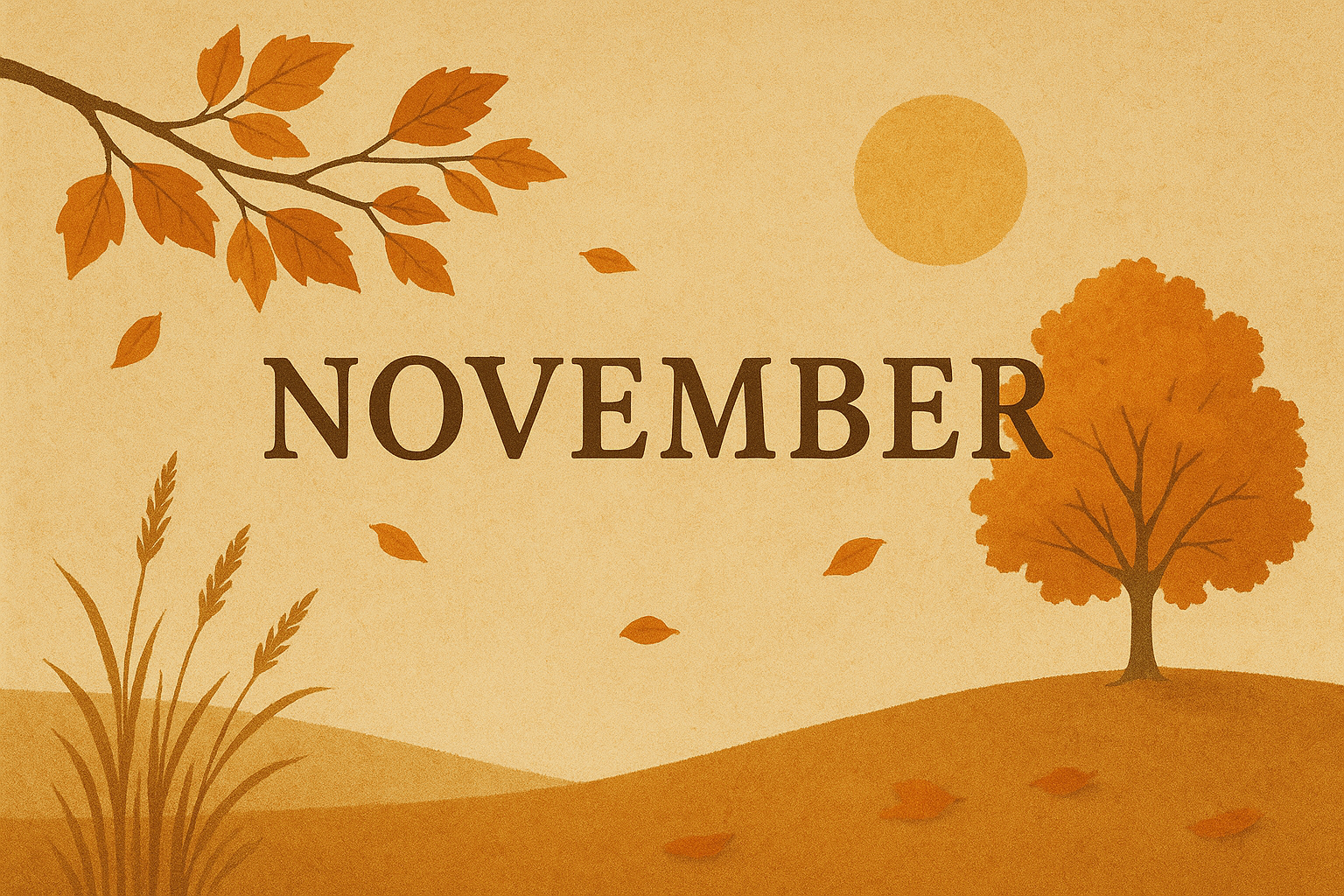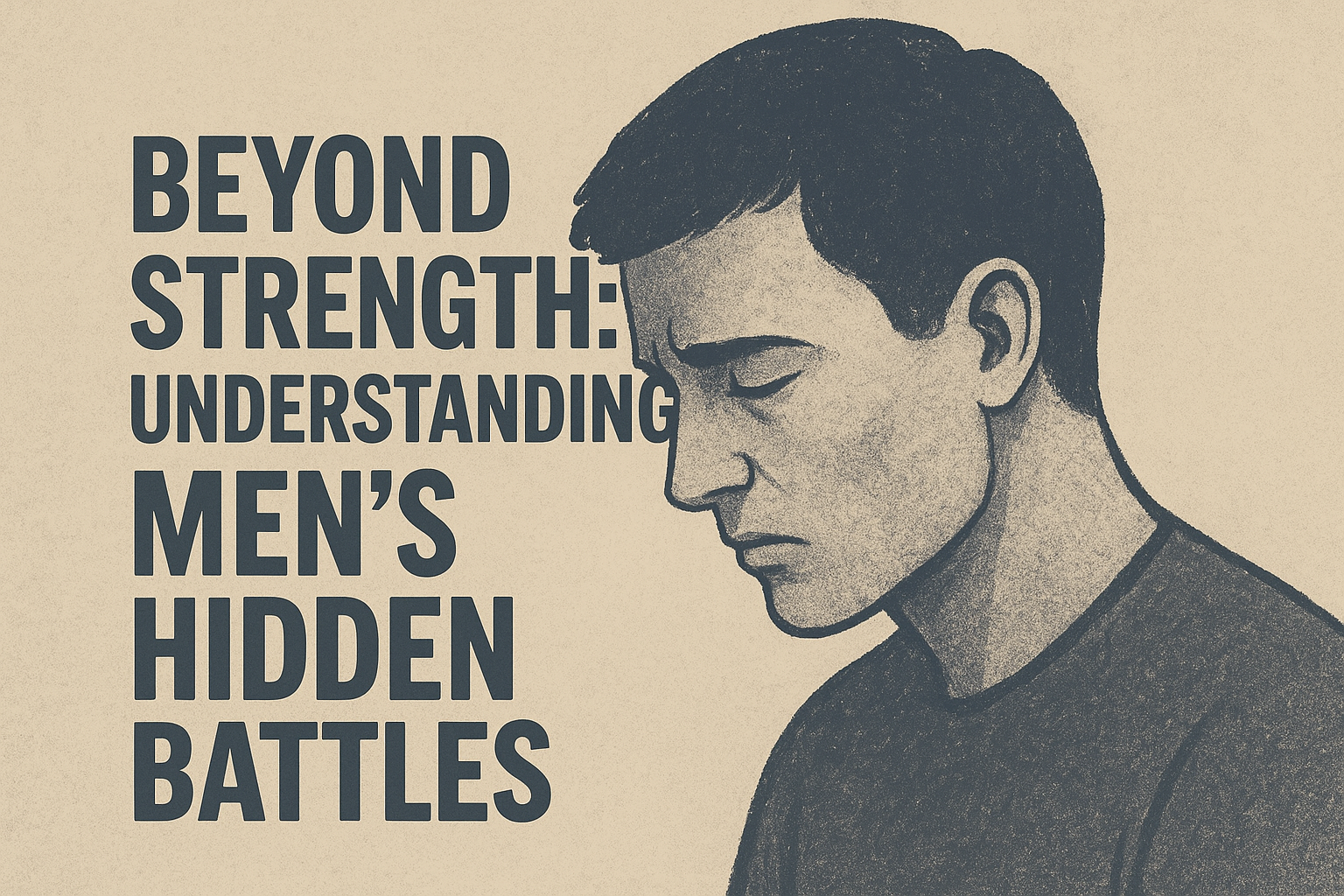It was my mother’s tenth death anniversary. For the past nine years, I had followed the same routine. No flowers or no rituals to be followed. At 9 pm, I put through a call to her brother, my Mejomama (maternal uncle). He was the one with whom I could share my grief. He was the only one who would speak about her. But this time, I did not feel the icy cold grief strangling me, robbing me of my breath.
Five days ago, I became a mother. And that night, Mejomama told me bluntly to never call him again on 4 September.
It was his gentle way of telling me to move on, past that grief that always seemed to follow me everywhere.
When I grew up in the 80s and 90s, we didn’t know about a dedicated day for mothers, fathers, or grandparents. I grew up in a typical patriarchal family where men rarely ventured into the kitchen. I had never seen my father or any of my uncles even near the kitchen. The women were expected to serve and manage the household chores even when they had a job.

Mejomama was an exception. He grew up with four sisters and a widowed mother, perhaps that made him empathetic towards the women in his family. He was comfortable in the kitchen, ready to make tea or chop vegetables but only after my grandmother passed away.
And after retirement, he made regular forays to the kitchen – chopping and dicing up vegetables, helping out Mamima with her daily chores. Whenever her friends visited, he would ask them to carry on chatting while he made tea and snacks for them.
My daughter was delighted when Dadu made sumptuous homemade phuchkas for her. He was content with doing the regular menial tasks of the cook’s assistant. It may sound trivial today, but it was not an easy thing to do when our patriarchal society had already segregated the chores according to gender.
Mejomama made me realize the inexplicable burdens patriarchy puts on men.
A short and unassuming man, often given garrulity, he seemed an unlikely hero. Yet, his empathy and respect for the women in his extended family even made him a subject of jeering. “Barabari (going overboard)” was often the exasperated response and inevitably came from the women, but the recipients of his warmth and tender love always basked in its glory. It was not only extended to his mother, sisters, wife, daughter and his niece but also to his daughters-in-law and sister-in-law (bhabi). He treated each of them no less than a queen.
He never had much to spare, but that didn’t deter him from buying the small things that would inevitably bring a smile to their faces. He was even popular among the women of the Ladies’ Club that Mamima attended, as he readily entertained them with his witty and little wild anecdotes. An atheist all his life, he readily did the needful when Mamima was too sick to tend to her deities. A simple man at heart, he intuitively knew to put humanity above all dogmas.
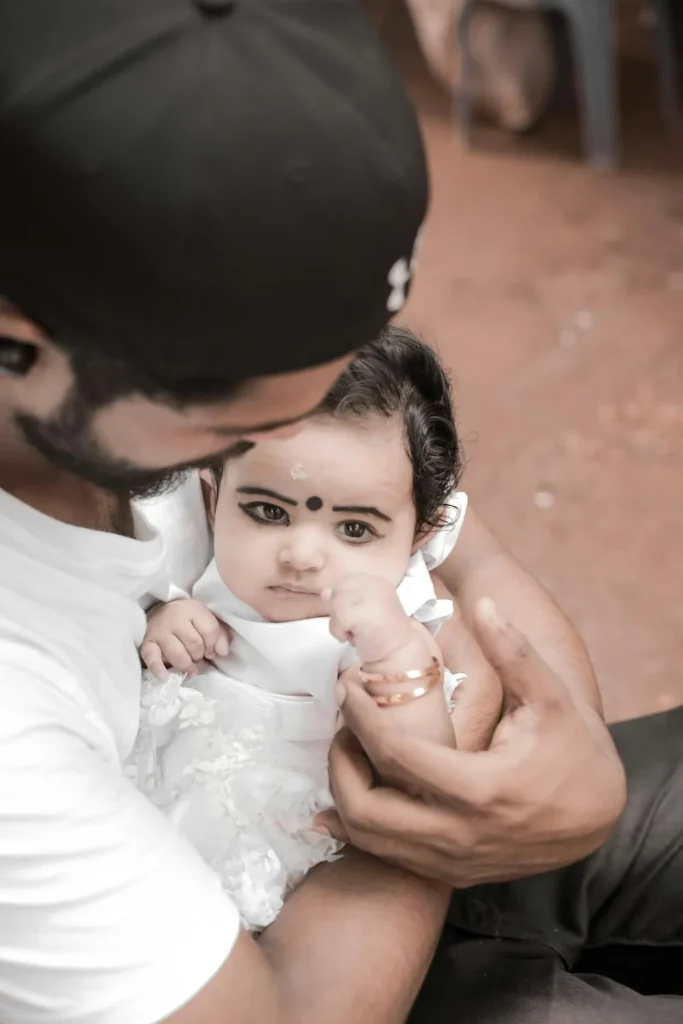
My mother, the youngest of the four sisters, was perhaps his favourite. When she was diagnosed with cancer and passed away eventually, a year later, he visited Kolkata 18 times in those 12 months. She drew her last breath in his lap. It was as if she was waiting to see him one last time. It was a tough time for us, psychologically and financially. In those months, I could never ask my father for a new dress. But every three or four months, he brought out a readymade salwar kameez from his suitcase during his visits. He was thoughtful enough to realize a college-going teenager needed new clothes even if she was too shame-faced to ask her parents.
Years later, I flew alone to Delhi for a family wedding. He kept on calling me, concerned that there would be no one at the airport to pick me up and bring me home. That I was in my late forties and he was in his eighties made no difference.
In our childhood, fathers were distant, not at all overtly affectionate or approachable. But Mejomama was a father figure not only to me but also to my other cousins – friendly, concerned and surprisingly easy to talk to and often stepped in when our dads remained oblivious.
A few years ago, on November 19, which is celebrated as International Men’s Day, I gave him a call. I greeted him, saying, “You are my ideal man.” To my utter surprise, he broke down.
He told me, “Nobody had ever said this to me. You have given me the greatest gift,” he said before his voice caught and he could not speak anymore.
I realized on that day his silent struggles against the stereotypes placed on his gender and how unappreciated he must have felt for being thoughtful, sensitive, and humane, often by his loved ones.
Age caught up, and his phone calls became infrequent. Whenever we spoke, he mostly rambled and repeated much of what was discussed in the previous call. But I never interrupted him; his frail voice still evoked that same warmth, almost felt like homecoming.
Last year, he passed away. I never said this aloud, but on this Father’s Day (June is also his birth month), I want to acknowledge that he was truly my hero !
The man who had broken the chains of patriarchy and gave women their due.
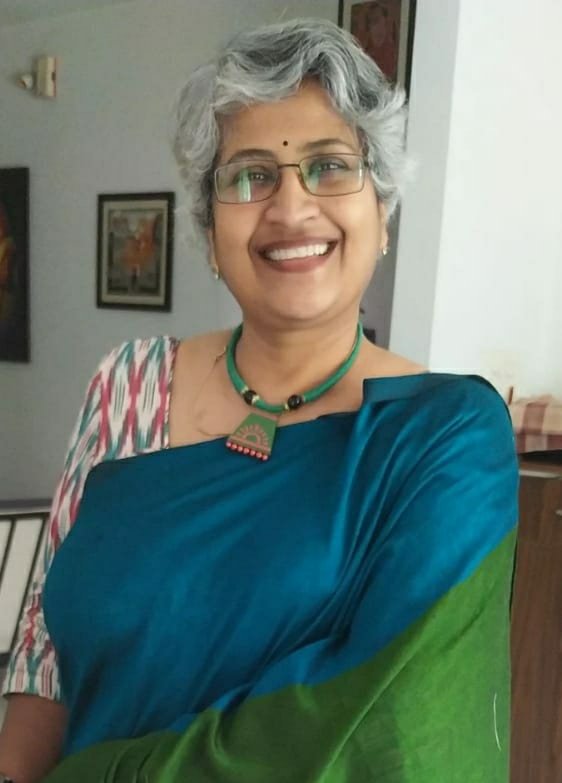
By Anindita Chowdhury
Anindita Chowdhury is a special correspondent of the English daily, The Statesman. She is based in Hyderabad. Apart from reporting, she writes short stories and essays with special focus on history, particularly the social and cultural aspects of the bygone era. She can be contacted at aninditasmail@gmail.com.







